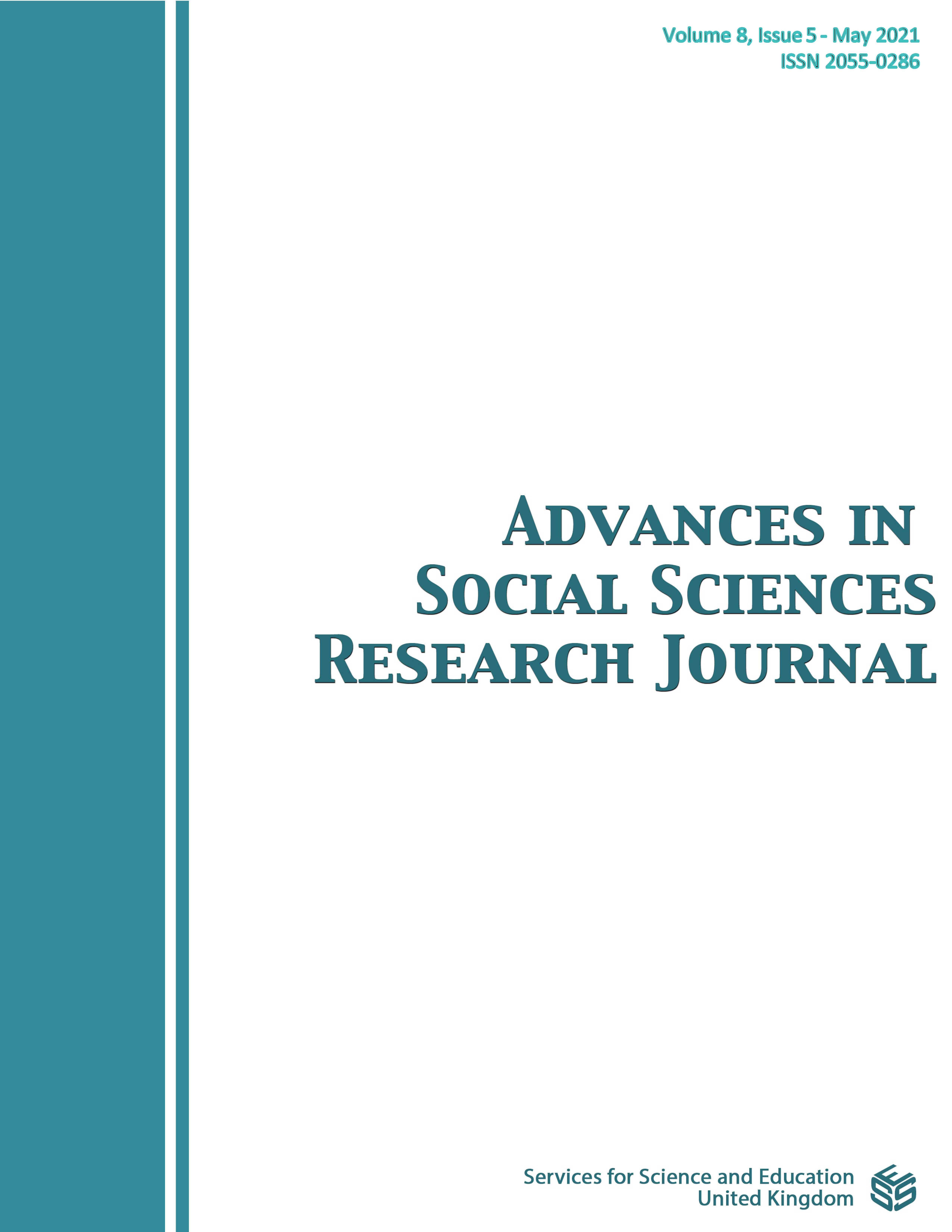Examining the Capacity of Indonesia’s Defense Entities on Countering Radicalism
DOI:
https://doi.org/10.14738/assrj.85.10230Keywords:
Indonesia, National Defense, Radicalism, StrategyAbstract
Radicalism for the last few decades has hampered the people and national security building of Indonesia. Contemporary global and regional constellations develop an unprecedented scale of impact radicalism as well as its tractability. The formal categorization of radicalism as an ideology based-non-military threat reflects an imperative mandate for Indonesian defense entities to review and formulate relevant and comprehensive alleviation strategies to address the radicalism. However, this urgency does not appear to have been embodied in at least two points in our opinion: the perception among associated institutions barely aware of the significance of synergy and coordination and second, a minor portion of the countering of radicalism in the frame of the roadmap for Indonesia's national defense development. This research examines the perceptions of relevant defense stakeholders in Indonesia regarding radicalism and its current approach as well as the formulation of strategies that have been implemented or designed to maintain the existence of Indonesian nationalism. We collected information and data through both documentation studies and interviews with representative officials from the relevant ministries, military, and state agencies and then compiled it descriptively. By examining the perceptions of each research object as well as the construction of the strategy that has been rolled out, we conclude the Indonesian defense entities have yet significant, comprehensive, and sustainable strategies addressing the threat of radicalism.
References
2. Pratt D. Islamophobia as reactive co-radicalization. Islam and Christian–Muslim Relations,. 2015;26(2):205–18.
3. Dalgaard, Nielsen A. Violent radicalization in Europe: What we know and what we do not know. Studies in conflict & terrorism,. 2010;39(9):797–814.
4. Lister CR. The Syrian Jihad: Al-Qaeda, the Islamic state and the evolution of an insurgency. Oxford University Press.; 2016.
5. Schuurman B. Topics in terrorism research: reviewing trends and gaps, 2007-2016. Critical Studies on Terrorism. 2019;12(3):463–80.
6. Umar MS, Woodward M. The Izala effect: unintended consequences of Salafi radicalism in Indonesia and Nigeria. Contemporary Islam. 2020;14(1):49–73.
7. Fathil F, Oktasari W. Religious Education and Containment of Radical Elements: The Case of Pondok Schools in Malaysia. UMRAN-International Journal of Islamic and Civilizational Studies. 2017;4(1):1.
8. Usman S, Qodir Z, Hasse J. Radikalisme Agama di Indonesia. Yogyakarta: Pustaka Pelajar; 2014.
9. Turmudi E, Sihbudi MR. Islam dan radikalisme di Indonesia. Yayasan Obor Indonesia; 2005.
10. Indra PAN. FPI dalam lintasan sejarah. 4 November. 2016.
11. Weir R. Islamic Radicalization and Jihadist Terrorist Activity in the South Pacific: Jemaah Islamiya. Global Security Studies. 2012;3(4).
12. Abdi AP. Menhan Diminta Jelaskan Soal 3% Prajurit TNI Terpapar Radikalisme. 2019.
13. Pratama MB. Penutupan STAN Dituding karena Isu Radikalisme, Sudirman Said: Keliru, Bisa Jadi Skandal Bernegara. 2020.
14. HanTer. KSP Sebut Radikalisme Ancaman Nyata dan Makin Meningkat. 2019.
15. CNN. BIN: 41 Masjid di Lingkungan Pemerintah Terpapar Radikalisme. 2018.
16. Schmid AP. Radicalisation, de-radicalisation, counter-radicalisation: A conceptual discussion and literature review. ICCT Research Paper,. 2013;97(1):22.
17. Sørensen G. State Transformation and New Security Dilemmas. In: Aydinli E, Rosenau JN, editors. Globalization, Security, and the Nation-State. State University of New York Press, Albany; 2005. p. 81.
18. Hardy K. Comparing theories of radicalisation with countering violent extremism policy. Journal for Deradicalization,. 2018;(15):76–100.
19. McCauley C, Moskalenko S. Understanding political radicalization: The two-pyramids model. American Psychologist. 2017;72(2):205.
20. Gray CS. The future of strategy. John Wiley & Sons; 2015.
21. Agastia IGBD, Perwita AAB, Subedi DB. Countering violent extremism through state-society partnerships: a case study of de-radicalisation programmes in Indonesia. Journal of Policing, Intelligence and Counter Terrorism [Internet]. 2020;15(1):23–43. Available from: https://doi.org/10.1080/18335330.2020.1722317
Downloads
Published
How to Cite
Issue
Section
License
Copyright (c) 2021 Werijon Werijon, Daniel Setiawan

This work is licensed under a Creative Commons Attribution 4.0 International License.
Authors wishing to include figures, tables, or text passages that have already been published elsewhere are required to obtain permission from the copyright owner(s) for both the print and online format and to include evidence that such permission has been granted when submitting their papers. Any material received without such evidence will be assumed to originate from the authors.






